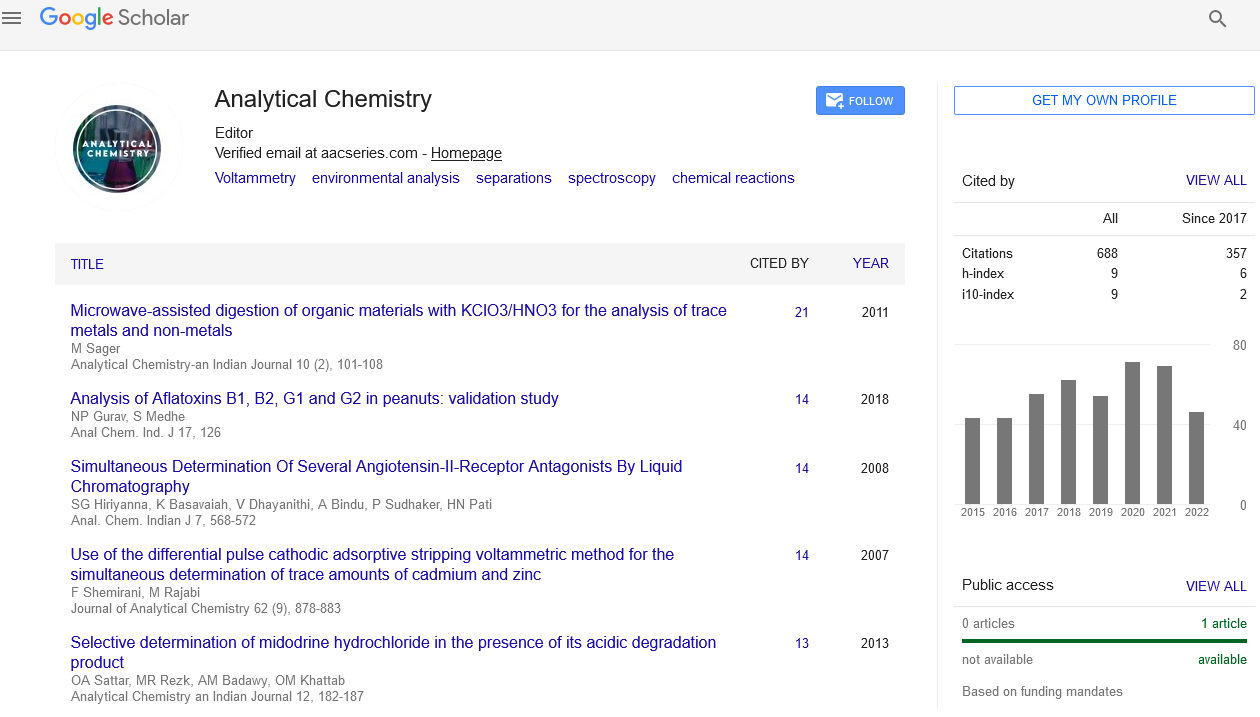Abstract
Immunosensors: Principles and Clinical Chemistry Applications
Author(s): Falcon JasonA biologically derived recognition element and a physicochemical transducer make up biosensors, which are analytical devices. The biological component has the ability to detect a chemical analyte's existence, activity, or concentration in solution. Either a binding event or a biocatalytic event results in sensing. Through these interactions, a solution property changes in a way that can be measured, and the transducer then transforms that change into a quantifiable electrical signal. Clinical chemistry applications for biosensors today are covered, including basic and applied research, business uses, and production methods. Immunoagents and DNA segments serve as affinity ligand recognition elements, while enzymes act as biocatalytic recognition elements. Recognition elements are related to electrochemical and optical modalities of transduction. In affinity ligand-based biosensor solid-state devices known as immunosensors, the immunochemical reaction and a transducer are connected. The specificity of the molecular target forms the essential basis of all immunosensors. Antibodies' ability to recognize antigens and create a stable compound. The immunoassay approach is comparable to this. Based on the detecting mechanism used, immunosensors can be divided into different categories. The most significant advancements are electrochemical, Immunosensors using optics, and microgravimetry. Modern transducer technology, in contrast to immunoassay, permits the immunological complex detection and measurement without labels. Methods: Environmental trace substance analysis. An issue is that many of the applications in the research, pharmaceutical, and food industries require constant monitoring mode.

